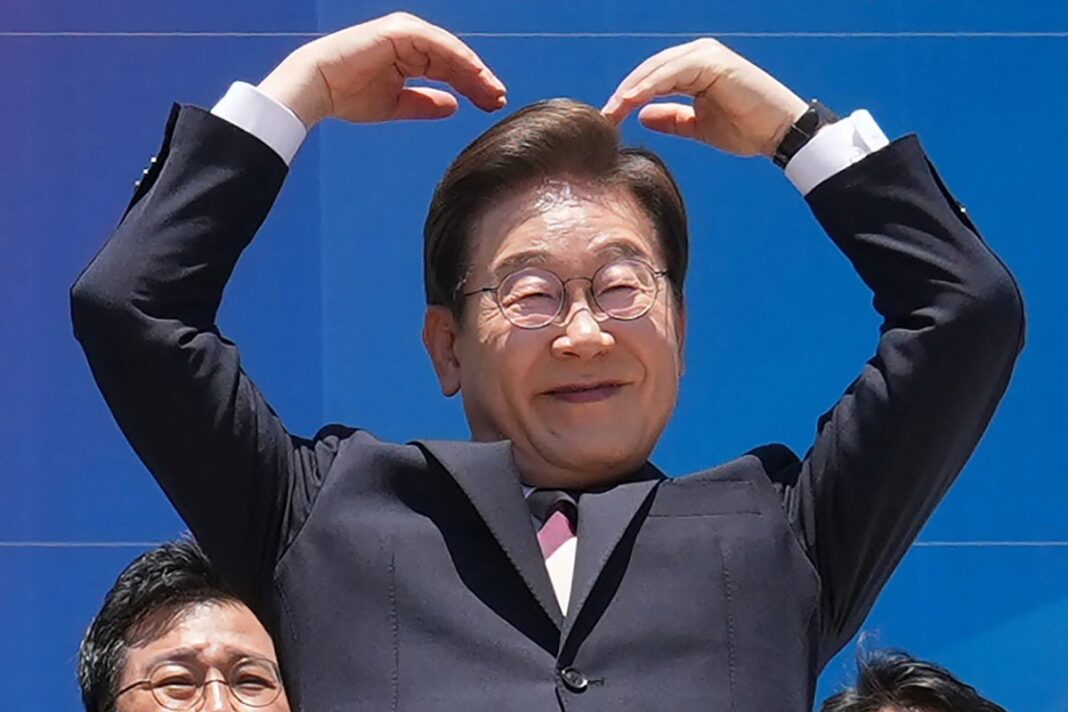South Korea’s newly elected President Lee Jae-myung took office on Wednesday with a strong message of reconciliation and peace, promising to engage North Korea in dialogue and “heal the wounds” of decades-long division. His presidency follows a snap election called after his predecessor controversially declared martial law.
In his inauguration speech, Lee said, “We will heal the wounds of division and war and establish a future of peace and prosperity. No matter how costly, peace is better than war.”
Lee won with 49.4% of the vote, defeating conservative rival Kim Moon-soo, who received 41.2%. Kim’s campaign was weakened by internal party rifts and a split conservative vote.
Upon taking office, Lee immediately assumed operational control of the armed forces and called for military readiness amid possible North Korean provocations. However, he emphasized diplomacy over confrontation.
A Shift in Strategy
Lee’s stance marks a departure from the hardline approach of his predecessor. Analysts say his willingness to engage Pyongyang without preconditions signals a new era of diplomacy. “He’s clearly signaling openness to resolving differences through dialogue,” said Hong Min of the Korea Institute for National Unification.
Lee also warned of the economic challenges facing South Korea, citing “rising protectionism and supply chain restructuring” as major threats. His warning came just ahead of new U.S. tariffs on steel and aluminum exports.
Despite these challenges, financial markets responded positively to Lee’s win, with both the KOSPI index and South Korean won rising.
Inauguration and First Appointments
Lee held a modest swearing-in ceremony at the National Assembly, where he named long-time advisor Kim Min-seokas prime minister and former unification minister Lee Jong-seok as intelligence chief.
His first day also included congratulatory calls from world leaders. U.S. Secretary of State Marco Rubio expressed optimism about cooperation, despite Lee’s past calls for more independence from Washington. The White House affirmed the strength of the U.S.-South Korea alliance, while raising concerns over Chinese influence in global democracies.
Chinese President Xi Jinping congratulated Lee and emphasized continued friendly relations. Japan’s Prime Minister Shigeru Ishiba and India’s Prime Minister Narendra Modi also welcomed Lee’s leadership, signaling regional support.
Public Response and Political Outlook
With his party controlling parliament for the next three years, Lee is well-positioned to push forward his policy agenda. On the streets of Seoul, citizens expressed hope for unity and peaceful engagement with the North.
“Our society is deeply linked to inter-Korean relations. I hope for a long-term vision,” said Choi Ki-ho, a 55-year-old resident.
Another citizen, public employee Lee Ju-yeon, added, “I hope President Lee will truly work to unite our divided nation.”

